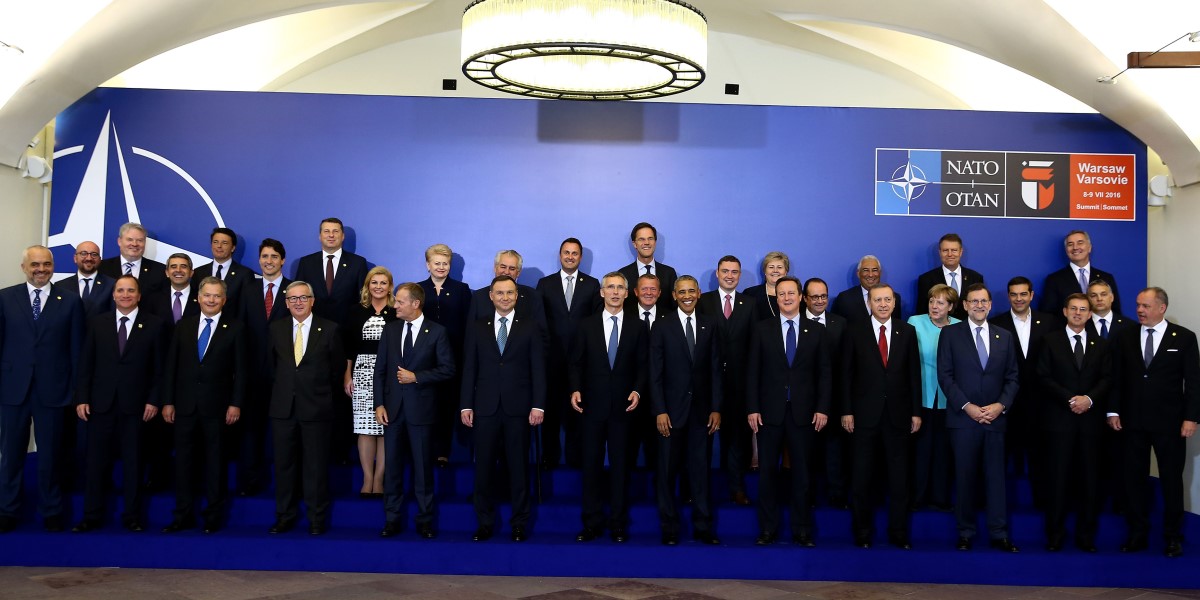For a while, The New York Times (NYT) has been making publications that can only be identified as being along the lines of the most radical anti-administration newspaper in Turkey, Sözcü. The angry tone in articles on Turkey and President Recep Tayyip Erdoğan in the NYT is truly surprising. It is surprising after conducting a media analysis, as well as an administration analysis. In the aftermath of the normalization of relations between Turkey and Israel, it was no secret to anyone that there would be a serious weakening of the anti-Erdoğan stance in media in the U.S. In fact, with the agreement between Turkey and Israel to normalize relations, we were left with a softened discourse on Turkey and Erdoğan.
For a year, Turkey has been faced with an intense wave of terrorist attacks and hundreds of civilians have lost their lives in these attacks. Additionally, it was not just Turkish citizens who lost their lives in these attacks, as fatalities also included tourists from Western and Middle Eastern countries as well. But in none of them did we see the same lack of sharing Turkey's pain or messages of sympathy and condolences in the American media as after last week's attack at Atatürk International Airport. Unfortunately, despite the presence of the media in this industry and these relations, it is not in a determinant position in relation to political, economic and even cultural administration.
But in this atmosphere the NYT continues with its oppositional stance to Turkey and radical anti-Erdoğan sentiment, despite its supposed liberal editorial line. A friend of mine in Washington recently told me: "It is necessary to read the NYT with the White House these days." If what he is saying is true, does it mean that President Barack Obama's administration is trying to say something to Turkey by use of the NYT? Or is Ankara's normalization with Russia suffering because the White House has been unable to intervene as much as it would like? We are obviously aware that normalization with Israel is not as exciting as it used to be in the past with the U.S., but we also know that they are not disturbed by the normalization of relations between Turkey and Israel. Ankara and Moscow normalizing relations, however, is a whole different issue.
The U.S. prefers the region's countries to experience problems with Russia, so that later, the U.S. can resolve these problems. However, this strategy has only caused great problems in the region, deepening the crises in Syria.
The U.S. wants to keep an eye on Russia, too. We all know that Russia's attitude concerning the crisis in Ukraine was cause for serious disagreement between the U.S. and Europe. Another reason behind the desire to keep an eye on Russia is Russia's desire to seize the role of main actor in the energy game from the Eastern Mediterranean. Turkey's attitude on this is extremely important. Turkey is normalizing relations with Russia on one end and Israel on the other. This situation increases Turkey's movement capacity in its region.
Instead of openly voicing the anxiety caused by this, how much sense does it make to reactivate Cold War period media games? Yes, someone please tell the NYT that the Cold War is over.
TURKEY'S POSITION AT THE NATO SUMMIT
Today, 28 countries' leaders, foreign affairs ministers and defense secretaries will be in Warsaw to participate in the NATO Heads of State and Government Summit. The main theme of the summit that will be held today and tomorrow is the Syria crisis and intervening against terrorism. Another important topic is how to deal with Russia and how to negotiate. Additionally, the summit will take up the topics of the refugee crisis, security of energy paths, the instability in North Africa and the concept of smart defense.
Topics such as the Syrian civil war, the fight against terrorism, the refugee crisis, security of energy paths and relations with Russia undoubtedly make it obligatory to closely follow and debate Turkey's approach to these matters. As with similar international platforms recently, Turkey's position will be an important point for debate at this summit as well. This time around, however, there is an important difference, which is that it will be hard for the accusations of isolationism and turning inside leveled at Turkey to find solid ground. Turkey resolving its crises with Israel and Russia last week and beginning to normalize relations places it in an important position on the map of international areas of crisis and opportunity.
We will see this in two ways. The first is that Turkey will be able to defend its theses in a more comfortable manner. It will place a stronger emphasis on a political solution to the Syrian civil war. It will problematize its isolation and the hypocrisy shown in the fight against terrorism. It will emphasize that for the results of terrorism, it does not matter whether the source is ethnic, ideological or religious, as well as the heavy humanitarian costs caused by the proxy wars fought through terrorist groups. The second is that Turkey will gain the opportunity to develop new partnerships in areas where international competition is intense, with the Eastern Mediterranean energy balance foremost among them.
[Daily Sabah, July 7, 2016]







